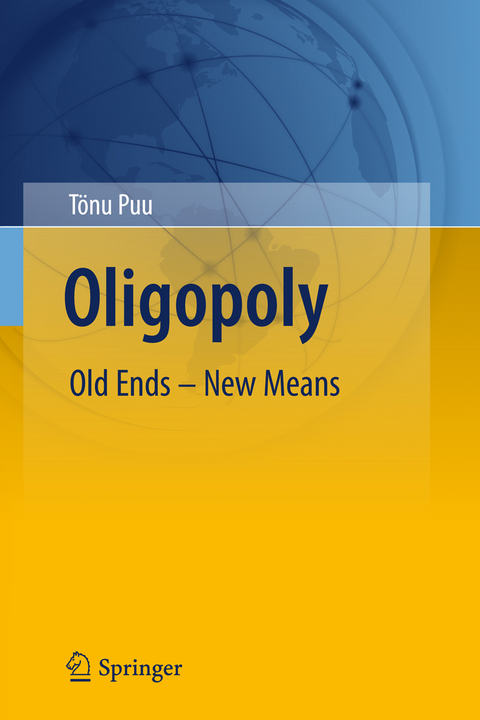Oligopoly
Old Ends - New Means
Seiten
2010
Springer Berlin (Verlag)
978-3-642-15963-3 (ISBN)
Springer Berlin (Verlag)
978-3-642-15963-3 (ISBN)
Focusing on classical oligopoly theory from 1840-1940, this volume uses topology and numerics to reconsider work by early oligopoly researchers in the light of modern dynamics. It resuscitates some of the field's original ideas after decades of oblivion.
The book focuses classical oligopoly theory as developed in 1840-1940. By the end of this period oligopoly came under the spell of game theory in its probabilistic equilibrium format. Work by Cournot, von Stackelberg, Palander, and Hotelling, causal and dynamic in essence, but ignored, is reconsidered in the light of modern dynamics using topology and numerics. As particular features, von Stackelberg leadership is included in the dynamic Cournot model, the Hotelling problem is solved with elastic demand, thus skipping the absurd idea of quadratic transportation costs. Further, it is shown that the celebrated destabilsation of Cournot equilibrium under increased competition is due to mistakenly assuming constant returns, and that the whole idea of rational expectations is untenable in dynamic oligopoly. Early original ideas in oligopoly theory, such as coexistence and multiplicity of attractors are focused again after many undeserved decades of oblivion.
The book focuses classical oligopoly theory as developed in 1840-1940. By the end of this period oligopoly came under the spell of game theory in its probabilistic equilibrium format. Work by Cournot, von Stackelberg, Palander, and Hotelling, causal and dynamic in essence, but ignored, is reconsidered in the light of modern dynamics using topology and numerics. As particular features, von Stackelberg leadership is included in the dynamic Cournot model, the Hotelling problem is solved with elastic demand, thus skipping the absurd idea of quadratic transportation costs. Further, it is shown that the celebrated destabilsation of Cournot equilibrium under increased competition is due to mistakenly assuming constant returns, and that the whole idea of rational expectations is untenable in dynamic oligopoly. Early original ideas in oligopoly theory, such as coexistence and multiplicity of attractors are focused again after many undeserved decades of oblivion.
Introduction.- Cournot Oligopoly.- Duopoly and Complex Dynamics.- Stackelberg Leadership.- Capacity Limits.- Multistability.- The Hotelling Paradox.
| Erscheint lt. Verlag | 2.12.2010 |
|---|---|
| Zusatzinfo | IX, 172 p. |
| Verlagsort | Berlin |
| Sprache | englisch |
| Maße | 155 x 235 mm |
| Gewicht | 970 g |
| Themenwelt | Mathematik / Informatik ► Mathematik ► Angewandte Mathematik |
| Wirtschaft ► Volkswirtschaftslehre | |
| Schlagworte | Complex Dynamics • Iterated Maps • Oligopoly Theory |
| ISBN-10 | 3-642-15963-X / 364215963X |
| ISBN-13 | 978-3-642-15963-3 / 9783642159633 |
| Zustand | Neuware |
| Informationen gemäß Produktsicherheitsverordnung (GPSR) | |
| Haben Sie eine Frage zum Produkt? |
Mehr entdecken
aus dem Bereich
aus dem Bereich
Buch | Softcover (2024)
Springer Vieweg (Verlag)
37,99 €
Buch | Softcover (2024)
Springer Vieweg (Verlag)
44,99 €




